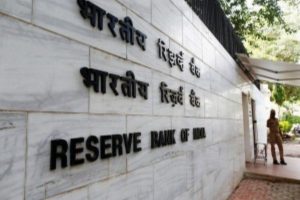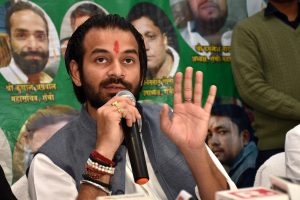Stating that there could be no discrimination in the imparting of education, the Supreme Court on Wednesday sought details of Rohingya refugees – their present residence, proof of residence, ownership of the residence and their registration number – on a plea for extending education and medical facilities to them.
Seeking details about the Rohingya refugees’ residence with proof, Justice Surya Kant heading a bench also comprising Justice Nongmeikapam Kotiswar Singh said, “In terms of education there will be no discrimination. We need to know how they are living, where they are living, in whose house they are living and what is the house number. Some proof of where they are… show us registration numbers, etc. We need to know where they are and then arrange it. We must satisfy ourselves where they are staying and how they are living.”
Advertisement
On a request by the PIL petitioner named Rohingya Human Rights Initiative for time to furnish the details sought by the court, the bench posted the matter for further hearing after 10 days.
Senior advocate Colin Gonsalves appearing for the PIL petitioner – Rohingya Human Rights Initiative – told the bench that the Rohingya refugees have UNHCR (United Nations High Commissioner for Refugees) cards.
The bench said that it would look into how it can extend relief once details confirming the residence of the Rohingya refugees are submitted.
The PIL petitioner, Rohingya Human Rights Initiative, has sought direction to authorities to grant admission to all Rohingya children free of cost irrespective of Aadhar cards and allow them to participate in all examinations, including Classes 10 and 12 and graduation, without government insistence on ID proof (Identification proof).
The petitioner NGO has also sought extension of all government benefits such as free health services in government hospitals, subsidised food grains as available under Antyodaya Anna Yojana scheme, and benefits under the Food Security Act for Rohingya families as available to others, irrespective of citizenship.











